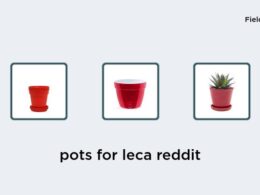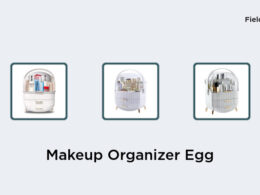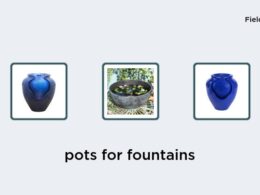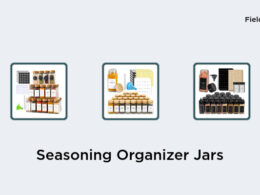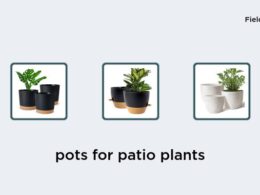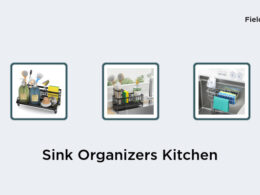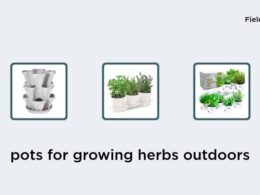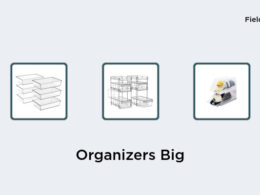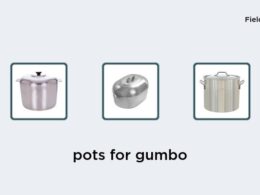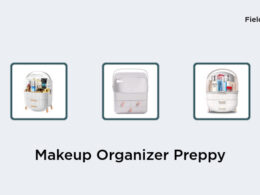The Importance of Proper Watering in Hydroponics
Hydroponic gardening has become an increasingly popular way to grow plants, particularly in urban settings, where space is limited. One of the most critical elements in hydroponic gardening is proper watering. In hydroponics, plants grow in a soilless environment, and their roots are directly exposed to the nutrient solution. This means that watering must be precise to ensure the health and successful growth of the plants. Overwatering or underwatering can have severe consequences for the plants and yield.Understanding Water Needs of Hydroponic Plants
Hydroponic plants’ water needs will vary based on the plant species, stage of growth, and environmental conditions. As a general rule, hydroponic plants require more water than their soil counterparts because they do not have access to residual moisture held in soil. Nutrient solution in hydroponic systems also tends to evaporate quickly, which means water levels must be monitored more closely.Indicators of water needs of hydroponic plants include:
- Soil moisture meter readings can assist in measuring water content levels of a planting medium
- Frequent plant checks to evaluate their overall health (looking at the plants and their foliage)
- Noting present symptoms like dry leaves and slow or stunted growth
- Checking on the amount of top growth- the more growth, the more water the plants need
Signs of Dehydration in Hydroponic Plants
It is essential to know the signs of dehydrated hydroponic plants to prevent adverse effects. A key visual symptom of dehydration is drooping or withered leaves. Underwatered plants will show signs of stress, and their leaves will look dry while showing signs of obvious wilting. Struggling plants will also appear to be brittle to touch and may have discolored or brown tips. If left untreated, a lack of water can lead to plant death.Risks of Overwatering Hydroponic Plants
Overwatering hydroponic plants can be just as damaging as underwatering. This is because hydroponic systems do not drain away excess water automatically. If a plant is overwatered, it can become waterlogged, depleting oxygen and creating conditions that promote root rot. At the first sign of visible symptoms like unhealthy leaves, it is crucial to investigate and address the issue. Hydroponic gardening systems are self-contained, and poor plant health can affect the entire system, requiring more costly corrective action or the loss of your plants.How to Prevent Overwatering in Hydroponic Gardening
Preventing overwatering in hydroponic gardening is essential. The amount of water required will depend on the particular plant species, stage of development, and the growing environment. It is recommended to research each plant’s particular needs and consult with qualified experts if you are unsure of requirements. Here are some helpful tips to avoid overwatering in hydroponic gardening:- Set up a proper drainage system in your hydroponic garden
- Ensure the nutrient solution is properly mixed before adding it to the hydroponic tank or containers
- Provide proper aeration and oxygenation through adding air stones or an aquarium pump.
- Dripping systems and spray irrigation can deliver precise water consistently
- Use a timer to control the automatic and consistent watering times and ensure to avoid any plant overcrowding in the hydro system.
Ideal Watering Techniques for Hydroponic Plants
When it comes to watering hydroponic plants, the ideal technique varies based on the type of hydroponic system you are using. Here are some guidelines to help you water your hydroponic plants effectively:- Deliver water uniformly in the root zone for consistent absorption.
- Regularly check the PH of the water to ensure that it is the optimal level for the particular plants being grown
- Many hydroponic gardeners use top-feed watering technique to aviod over watering
- Avoid watering the plant’s foliage to reduce the risk of mold, fungi, or other plant diseases
- It is essential to water the plant’s root area frequently while being mindful not to spray the nutrient solution onto the plant’s foliage








